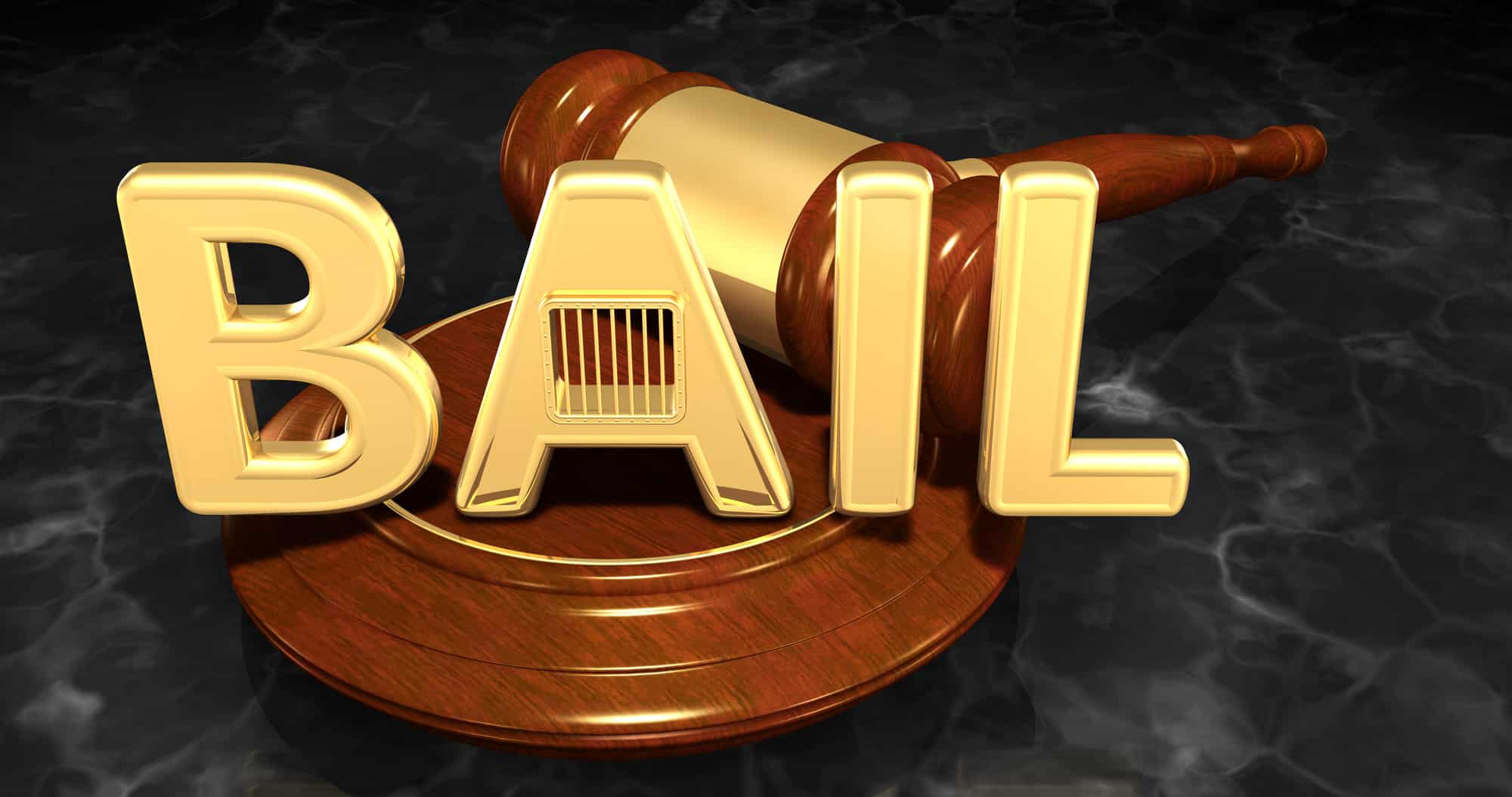Being arrested for anything might be overwhelming, but being arrested for a felony can be life-altering. In Wake County, many people get in legal trouble for felony, but not knowing where to start can be challenging in the long run. Getting out of jail is the first thing anyone wants when they get into legal custody. However, they don’t have the funds to secure bail. That’s when felony bail bonds in Wake County come into the big picture. Wondering how felony bonds work? Here you go!
A Brief Overview
Felony charges in the United States carry serious legal implications and can result in significant penalties upon conviction. Defined as crimes punishable by more than one year of imprisonment, felonies encompass a wide range of offenses, from drug trafficking and robbery to murder and white-collar crimes.
Felony charges vary in severity and can be categorized into different classes or degrees, depending on the jurisdiction and the specific offense. Some common types of felony charges in the United States include:
- Violent Crimes: These offenses involve the use of force or threat of force against another person, such as assault, battery, homicide, and sexual assault.
- Property Crimes: Property crimes involve the theft or destruction of someone else’s property, including burglary, robbery, theft, arson, and vandalism.
- Drug Offenses: Felony drug charges encompass the manufacturing, trafficking, distribution, or possession of illegal drugs, narcotics, or controlled substances.
- White-Collar Crimes: These offenses typically involve financial fraud, embezzlement, money laundering, insider trading, and other non-violent crimes committed for financial gain.
- Sex Crimes: Felony sex offenses include rape, sexual assault, child pornography, and other sexually motivated crimes.
Legal Process for Felony Charges
The legal process for felony charges in the United States typically involves several stages:
- Arrest: Law enforcement officers apprehend the suspect based on probable cause or a warrant issued by the court.
- Arraignment: The defendant appears before a judge, who informs them of the charges and their rights, including the right to legal counsel.
- Trial: If the case goes to trial, the prosecution presents evidence, and the defendant has the opportunity to defend themselves. A jury or judge then determines the defendant’s guilt or innocence.
- Sentencing: If convicted, the defendant is sentenced by the judge based on statutory guidelines, taking into account factors such as the nature of the offense and the defendant’s criminal history.
The Process of Getting a Felony Bond
If you or a loved one is arrested on a felony charge in Wake County, the process of obtaining a bond typically unfolds as follows:
- Initial Appearance: The defendant appears before a judge for an initial hearing, during which the judge sets the bond amount.
- Payment or Arrangement: Once the bond amount is set, the defendant must either pay the bond in full or make arrangements through a bail bondsman.
- Release: Once the bond is paid or arranged, the defendant is released from custody pending their court dates.
Conclusion
Understanding felony bonds is essential for anyone facing criminal charges in Wake County. By familiarizing yourself with the types of bonds available, the factors influencing bond amounts, and the consequences of failing to appear in court, you can navigate the legal process more effectively. Searching for felony bail bonds in Wake County? Reach out to the professionals at Amistad Bail Bonds and Immigration today!











